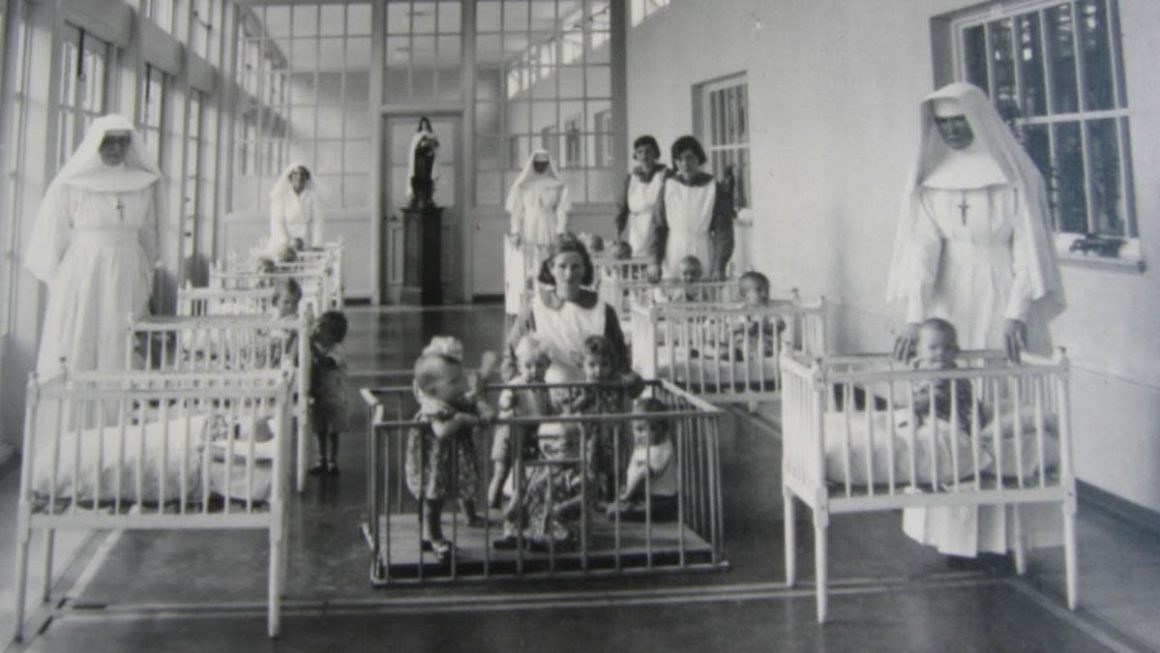By Isidora Duran Stewart
While the public response to the murders of Sabina Nessa, Sarah Everard, Ashling Murphy and more has been astronomical, the same questions are being posed: why are things getting worse and not better? Why have cases of gender-based violence skyrocketed in severity and consistency?
In a country marred by the longstanding alliance between church and state, the statutory grip held around women’s lives has been brutal and the track record of Fianna Fail and Fine Gael shows increasingly creative methods employed to maintain it. The political establishment in Ireland is up to its neck in misogyny.
A century of oppression
The policies implemented by Cumann na nGaedheal and then Fianna Fail, Fine Gael, Labour over the past century illuminate a concerted effort to stagnate women’s liberation and maintain and further entrench the patriarchal status quo. In 1925 Irish women were barred from taking Civil Service exams. In 1926, a committee on ‘evil literature’ was established which recommended the ban of any publications that included information on contraception. The following year, all women were removed from juries (not to be returned until 1976).
Fianna Fail’s government in the 1930s ensured that women lost their jobs upon marriage (1932), appointed the Archbishop of Dublin and the Westland Row parish priest as chairs of the National Maternity Hospital (1936) and inserted a divorce ban into the constitution (1937).
Public campaigns began to grow, particularly in the fight for reproductive rights, but were continually pushed back. In 1980, despite being opposed by Fianna Fail, the ‘Family Planning’ Act was signed into law which ensured that contraceptives could be sold but only to married couples who held a prescription.
1983 saw Fine Gael and Labour introduce the 8th amendment to the constitution that equated a woman’s life with a foetus (supported by Fianna Fail) that engendered a long battle for repeal ending with victory in 2018. This win was the result of decades of campaigning, protests and social struggle, the most intense wave of which was sparked by the tragic and needless death of Savita Halappanavar a decade ago this October. This movement that ROSA Socialist Feminist Movement and the Socialist Party played a major role in, including with civil disobedience actions with abortion pills, eventually forced the government to back down, despite Leo Varadkar and Michael Martin both publicly supporting the 8th amendment up until the eleventh hour.
Although some concessions were won, new barriers were still being erected to hinder women’s freedom. In 2013, Fine Gael/Labour gave the green light to pharmacists to refuse supplying emergency contraception on ‘moral grounds’ and did similar in the wake of Repeal, given continuing problems with the legislation that are still providing barriers to access.
The political establishment’s indifference towards Irish women over the years is evident in their dangerous policies, and can also be seen in the catastrophic consequences of their ‘oversights’. Following the fall-out of the CervicalCheck scandal, it was revealed that meetings between officials from CervicalCheck, the HSE and the Department of Health had been aware of 209 ‘false negatives’ for at least seven months, from late 2015 to mid-2016 but the then-Health Minister, Simon Harris, and former Health Minister, Leo Varadkar, claimed to have been none the wiser. Let us not forget that it was also under these establishment parties that the inconceivable cruelty of the Magdalene Laundries and other industrial schools continued to operate right up until 1996.
Socialist feminism
A socialist and working class feminism standing squarely against this rotten misogynistic state and political establishment with their grubby history and deeply conservative ways is the most effective way to struggle for change. The young women and young LGBTQ folk who have been at the forefront of social struggle that has forced progressive change in recent years; the women workers who have been on the frontline and are increasingly on the breadline; are all integral to the type of working class and socialist political alternative and challenge that must be built en masse.












